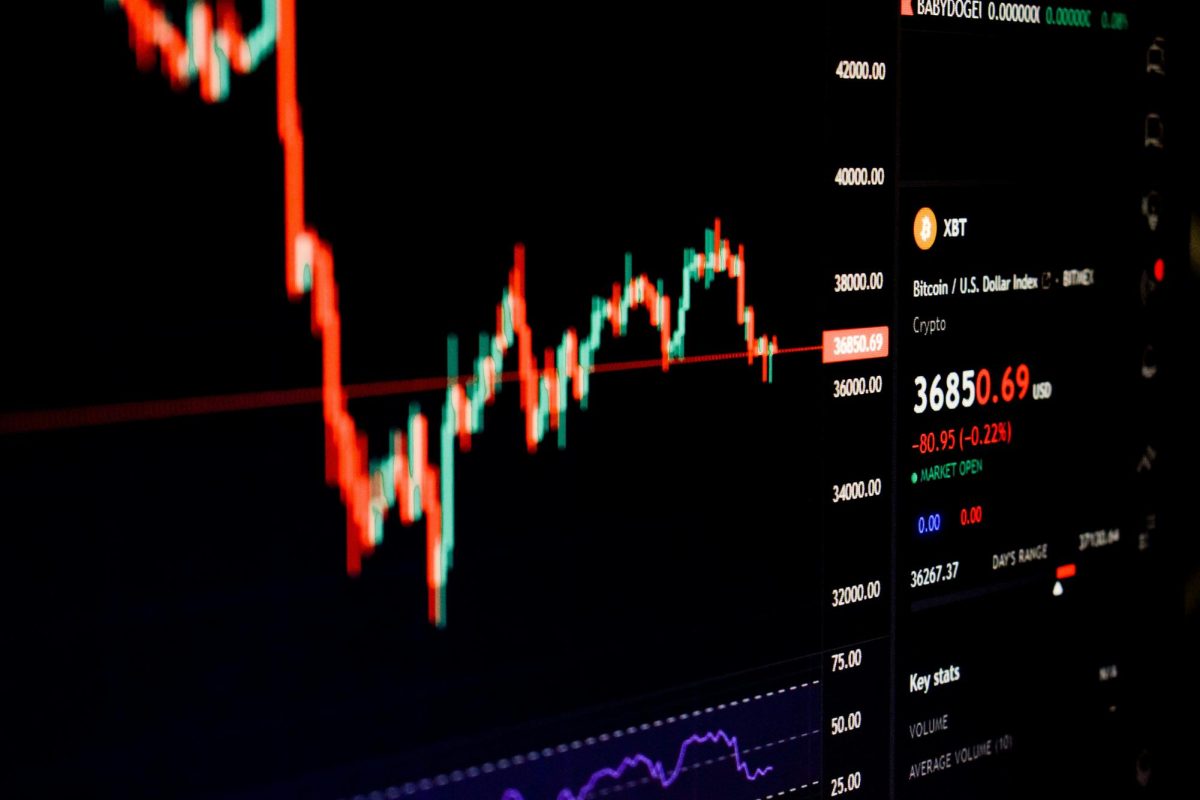The Bullseye • May 20, 2025 • https://nvhspress.org/1654/opinion/why-that-hoodie-costs-more-now-the-real-world-impact-of-tariffs/
WHY THAT HOODIE COSTS MORE NOW: THE REAL WORLD IMPACT OF TARIFFS
From Store Shelves to Stock Charts, Trade Policies Are Changing the Game

Juan Bernal
Tariffs might seem like something that only matters to politicians or economists, but they’ve become a major force shaping what we pay as consumers—and how financial markets behave.
So what are tariffs and why do they matter? A tariff is a tax placed on goods imported from other countries. Governments use them to protect local industries or as leverage in trade disputes. But these policies don’t just stay on paper. They affect businesses, markets, and everyday people—especially when they lead to price hikes on essential goods.
When a tariff is added to products like steel, electronics, or clothing, businesses that rely on those goods are forced to pay more. In many cases, those higher costs are passed on to customers. The result? Increased prices on items ranging from groceries to gadgets—adding pressure to household budgets and fueling inflation.
It’s important to notice that stock markets react quickly. The effects of tariffs don’t stop with consumer prices. Financial markets, especially the stock market, respond almost immediately to major tariff announcements. Investors worry about reduced profits for companies with international supply chains. When costs rise or global demand drops, those companies can struggle—and their stock values often take a hit.
Some sectors feel the impact more than others. Manufacturing, agriculture, and retail are particularly exposed. For example, automakers that rely on imported parts may see production costs spike, while farmers can lose access to international markets due to retaliatory tariffs from other countries.
Markets thrive on stability. When trade policies change suddenly—especially during global conflicts like the U.S.-China trade war from 2018 to 2020—uncertainty grows. Investors may sell off stocks or hold back from investing altogether, leading to sharp ups and downs in the market.
While it’s not entirely bad news there are some domestic companies that benefit from tariffs because they face less competition from foreign brands. But overall, the broader impact is often negative. Higher costs, limited market access, and reduced consumer confidence can slow economic growth.
Even if you’re not investing or running a business, tariffs affect the economy you live in. They influence the prices you see at stores, the stability of companies you might work for someday, and the global relationships that shape the future job market.